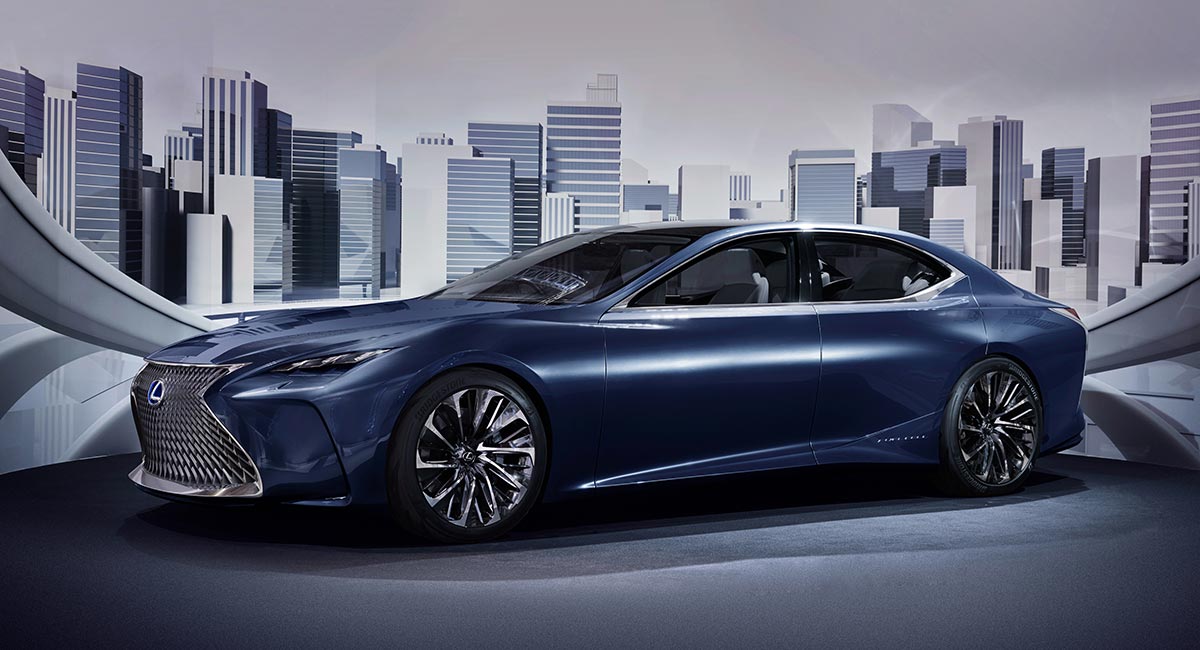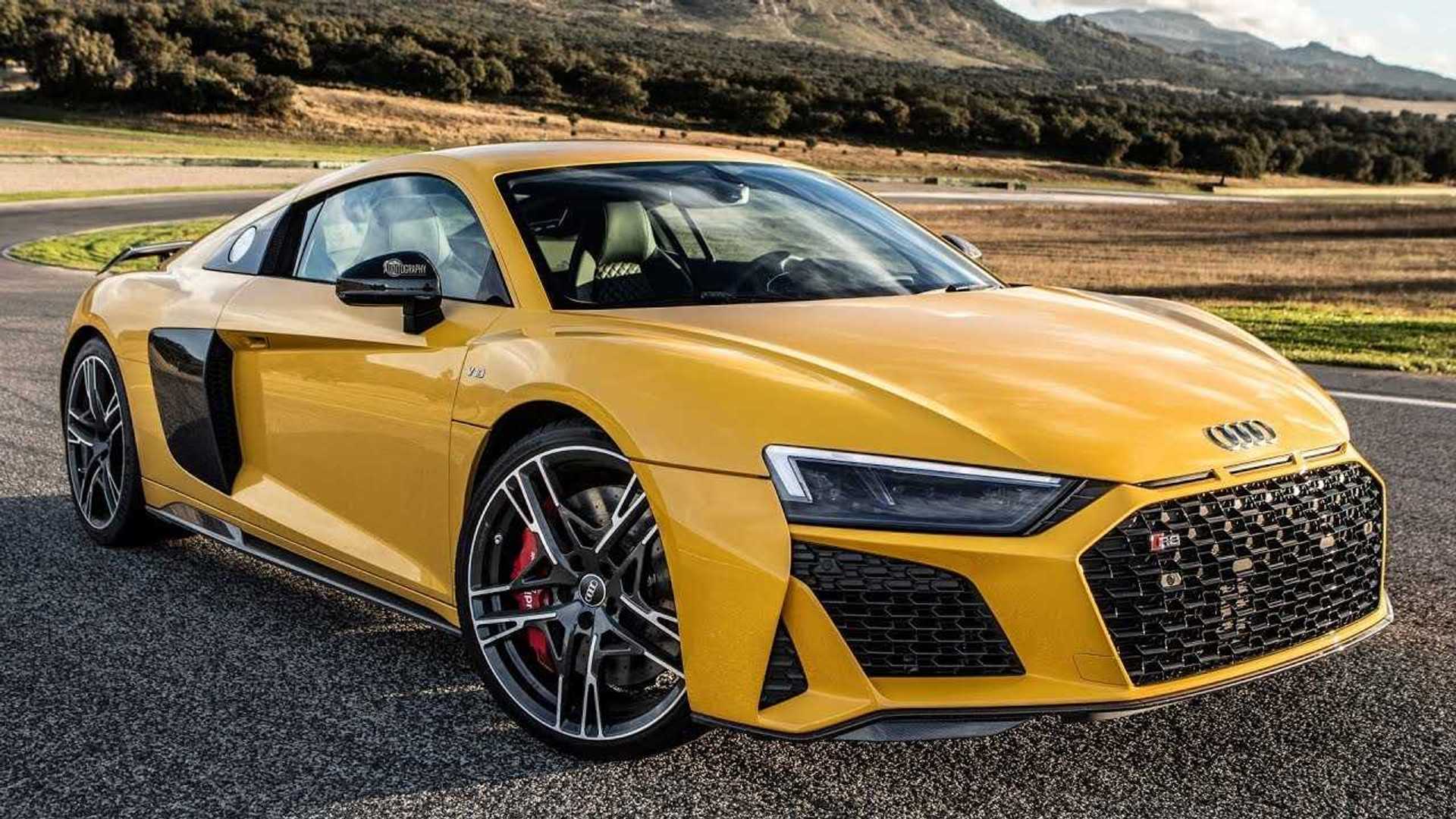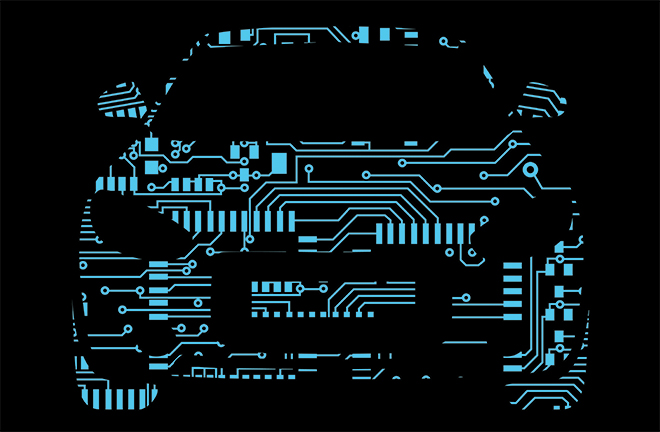Digital Trends spoke with Lexus executive vice-president Koji Sato
about the brand’s plans for full electric vehicles, and received more detail than expected:
While full technical specifications remain under wraps, Sato revealed Lexus will soon invest a substantial amount of money into a platform developed specifically to underpin electric cars. His research and development department is also working on in-wheel electric motors, a setup in which the four wheels operate independently, though he conceded the technology isn’t ready for production yet.
“The in-wheel motor is just a concept, it will take years to make that technology possible, but we will continue to pursue this exciting technology,” Sato promised.
This technology likely goes hand-in-hand with...




